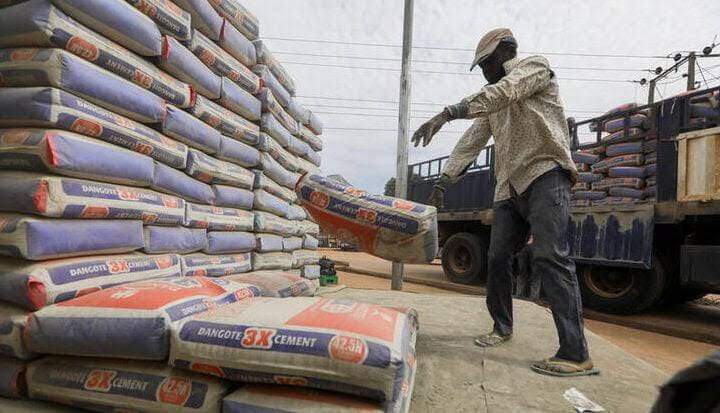Alhaji Abdul Samad Rabiu, Chairman of BUA Cement, revealed how cement dealers undermined his company’s policy to sell cement at ₦3,500 per bag last year, during the company’s 8th Annual General Meeting in Abuja.
Rabiu stated that BUA Cement sold over a million tons of cement to dealers at ₦3,500 per bag, aiming to pass the benefits to end-users. However, the dealers exploited the situation, selling the same bags to consumers at prices as high as ₦7,000 to ₦8,000.
“We were selling cement at ₦3,500, expecting dealers and retailers to transfer these savings to consumers. Unfortunately, many dealers took advantage of the policy, doubling the price and making substantial profits,” Rabiu said. “We eventually had to discontinue the policy as it was not meant to subsidize dealers.”
He explained that BUA Cement couldn’t control the market prices, which allowed dealers to maintain high profit margins. The depreciation of the Naira and the removal of the fuel subsidy last year also contributed to the policy’s unsustainability.
Rabiu noted that while BUA Cement aimed to maintain lower prices, these external economic factors made it challenging. “The exchange rate shifted from about ₦600 to nearly ₦1,800 to ₦1,900 per US dollar, making it increasingly difficult to sustain the ₦3,500 price,” he added.
Despite these challenges, Rabiu emphasized that BUA Cement is committed to keeping price increases below the rate of Naira devaluation. “Cement today is actually cheaper compared to last year when adjusted for the exchange rate fluctuations,” he remarked.
Rabiu also highlighted that energy costs, primarily gas priced in dollars, are the most significant expenses for the company. He cited an example where one of BUA’s plants now incurs monthly energy costs of ₦15 to ₦16 billion, up from ₦3 to ₦4 billion previously.
According to the company’s financial report, BUA Cement achieved a revenue growth of 27.4%, reaching ₦460 billion in 2023, up from ₦361 billion in 2022. However, the Naira’s devaluation and rising inflation led to increased production costs, which surged by 39.5% to ₦276 billion. Additionally, a net foreign exchange loss of ₦70 billion was recorded, primarily due to finance costs related to expanding the company’s production capacity.
Despite these obstacles, BUA Cement reported a net profit after tax of ₦69.5 billion and declared a ₦2 dividend per share.
